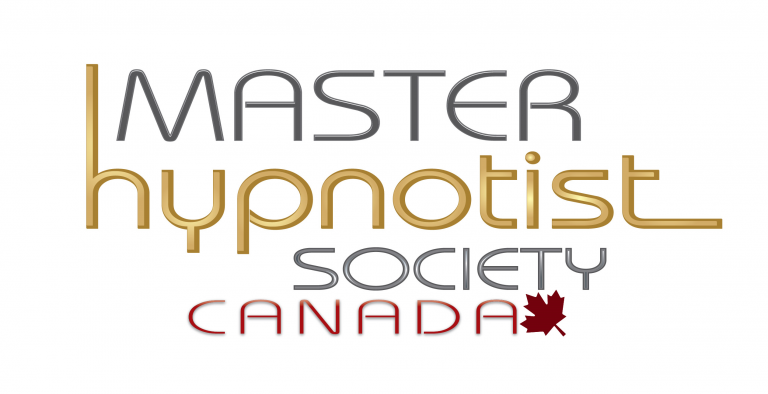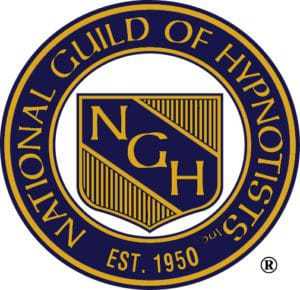Sleep Better with Hypnosis

- Sonjali Di Guida
With the pace of our daily life, it’s easy to neglect our sleep. Maybe we have too much on our plate. Maybe we struggle with anxiety or stress. Or maybe we simply don’t know how to relax. If there is one thing we can all agree on, it is that sleep is essential. Getting the right amount of sleep is critical for optimal health, but it’s not always easy to achieve. So what can we do? In this guide, we’ll explore how hypnosis can help you sleep better and wake up feeling refreshed.
Hypnosis is often associated with being mind-controlled and making people act silly in front of audiences. However, hypnosis is an effective tool to help people relax and manage their stress levels. Hypnosis is a state of trance that allows access to the subconscious mind to help change negative habits and behaviors. When used for insomnia, hypnosis can reduce anxiety and encourage a restful state. Through hypnosis, you can learn to train your mind to let go of negative thoughts, worry and stress, which interfere with a good night’s sleep.
Hypnosis is not a magic solution for bad sleep, but it can improve the quantity and quality of sleep. It’s crucial to find a hypnosis professional with the right certifications, experience, and training. It’s also essential to have realistic expectations and to be committed to attending multiple sessions.
The goal of hypnosis for better sleep is to encourage relaxation and provide tools to improve sleep habits. A hypnosis professional works with their clients to identify unhealthy stressors that can lead to negative sleep patterns and counteract them in ways that result in more restful sleep. In hypnosis sessions, clients may learn breathing techniques, meditation, and relaxation exercises. Also, hypnotherapy professionals work with clients to visualize positive outcomes, give their mind something to focus on and help them disconnect from anxiety and thoughts preventing sleep.
Hypnosis can be a positive and life-changing tool for those struggling with sleep. But hypnosis is not a replacement for medical intervention. Poor sleep can be a symptom of an undiagnosed medical condition, such as sleep apnea, restless leg syndrome, or depression. It is important to consult with a medical professional to rule out any underlying health conditions.
For those who don’t feel comfortable with seeing a hypnotherapy professional, there are self-hypnosis apps and recordings available. However, without the guidance of a trained professional, the results may not be as effective.
Hypnosis is an innovative and effective way to address poor sleep quality. Through hypnosis, you can learn to train your mind to calm down, reduce anxiety, and eliminate negative thoughts. Although hypnotherapy may not work for everyone, it has the potential to be a life-changer for those struggling with insomnia. If traditional sleep therapies and sleep aids haven’t worked for you, it may be worth exploring hypnosis treatments by finding a trained professional to help you work towards getting a good night’s sleep.








